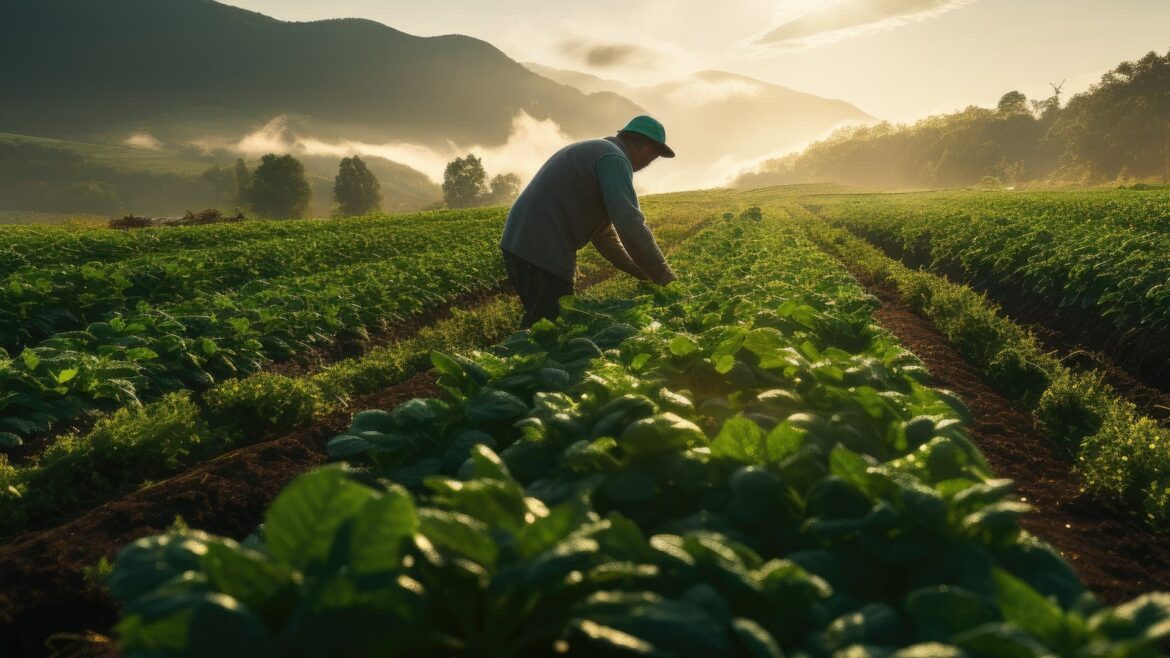Summary
The European Commission’s proposal for the E.U. budget for 2028 to 2034 includes significant cuts to the Common Agricultural Policy (CAP), triggering backlash from farmers across the E.U. The plan aims to modernize CAP and integrate it with Cohesion Policy funding, simplifying administration and promoting synergies between farming and regional development, but has faced criticism from farmers’ organizations concerned about the impact on core agricultural needs and stability.
The European Commission’s proposal for the EU budget for 2028 – 2034 introduces sweeping changes to the Common Agricultural Policy (CAP), which has triggered backlash from farmers in several countries.
Presented as a modernization effort to ensure food security, rural sustainability and economic resilience, the plan provides CAP with €302 billion.
Since the current CAP funds amount to €386.6 billion, accounting for inflation, the cuts will easily exceed 20 percent.
See Also:Brussels Considers Changing Stance on Glyphosate and Cancer
A total of € 296 billion will be allocated as income support for farmers, while €6.3 billion will be set aside for crisis management.
Overall, the CAP would continue to account for approximately one-third of the EU’s overall budget.
The reduced funds confirm a historical trend of declining CAP allocations. In the 1980s, it accounted for 70 percent of the overall European budget, whereas it now accounts for barely more than 30 percent.
Besides the cut, the proposed new approach significantly redefines the relationship between farming and regional development.
The heart of this reform is the integration of CAP with Cohesion Policy funding. In the E.U., cohesion funds account for about one-third of the bloc’s budget. These funds are designed to reduce economic, social, and regional disparities across member states.
Including both CAP and cohesion payments in a single fund represents a strategic departure from the past. The new combined fund should total approximately €865 billion out of the overall budget of around € 2 trillion.
According to the European Commission, the move will improve synergies between the two areas and multiply their long-term impact.
A second crucial aspect of the proposed CAP is the drastic simplification of its administration and the significant involvement of local institutions in its management.
Currently, CAP is governed through various bodies and regulations at the EU level. In contrast, the new CAP would instead define a single legal framework and refer to standard definitions, simplified forms, and digital reporting systems.
In addition, the new CAP will be delivered through the National and Regional Partnership Plans, which merge CAP with cohesion and social funds.
That means that member states’ local institutions will play a significantly larger and more central role in administering CAP funds to their farmers.
While the new CAP would provide a “starter pack” to support young farmers starting their activities, it would also intervene in payments per hectare to EU farmers.
Today, payments range from more than €400 per hectare in France and Germany to less than €200 per hectare in Romania and Bulgaria, a difference rooted in decades-old historical factors.
E.U. farms receive those payments per hectare to stabilize income, encourage land use and support food production. The system is meant to reward active farming, not just land ownership.
Brussels now plans to set minimum and maximum payment thresholds per hectare to force convergence. That means wealthier countries may face downward adjustments, while newer member states could see gains.
According to the commission, the new measures will ensure fairer support across Europe’s farms. However, critics warn that it could penalize productive large farms while failing to address the east-west divide fully.
The proposed reform also aims to establish strategic links between farm support and other major EU programs, including the European Competitiveness Fund and the EU. Research Framework Program.
According to the commission, breaking down silos will allow agriculture to become part of the E.U.’s broader economic, digital and innovation strategy.
Farmers, cooperatives and rural businesses would then be able to tap into funds for research and development, green technology and innovative farming, in addition to traditional subsidies.
Just days after the formal presentation of the proposed budget, many farmers’ associations across several member states voiced their criticism, arguing that the shared fund might dilute focus on core agricultural needs.
In southern Europe and parts of eastern Europe, where large-scale farms depend heavily on direct payments, some are already counting the expected losses.
Farmers’ organizations are particularly alarmed about the real-term cuts to agricultural spending. They fear that small and medium-sized farms may be left behind.
Copa-Cogeca, the E.U.’s largest farmers’ organization, wrote in a statement that the proposal “lacks transparency and undercuts the stability that farmers need.”
“Beneath the euphemisms, accounting debates and polished talking points lies a more unsettling truth: the very foundation of European agricultural policy is being undermined and dismantled in what could go down as a Black Wednesday in Brussels,” the organization wrote, referring to the day officials presented the new proposed policy.
Sensing the commission’s position, the organization recently launched an online petition against the proposed revision of the CAP.
According to the farmers’ organizations, local government priorities might include digital infrastructure, roads, housing or green energy.
As they are now directly involved in CAP administration, this raises fears that core agricultural needs may lose visibility and urgency.
Recently, experts have warned that smallholder olive farmers, particularly in southern Europe, may face reduced access to direct aid.
The CAP reform for 2028 through 2034 is not yet finalized: the entire approval process typically takes between 18 and 24 months.
Given the massive volume of funds involved and the crucial role of agriculture in the stability of the block, the proposal will undergo intense negotiations across the whole European Union.
Despite the significant reforms to the CAP, observers have noted that negotiations over how best to support the bloc’s farmers are not new, with conflicts between Brussels and farmers dating back to the very origins of the European Union.

